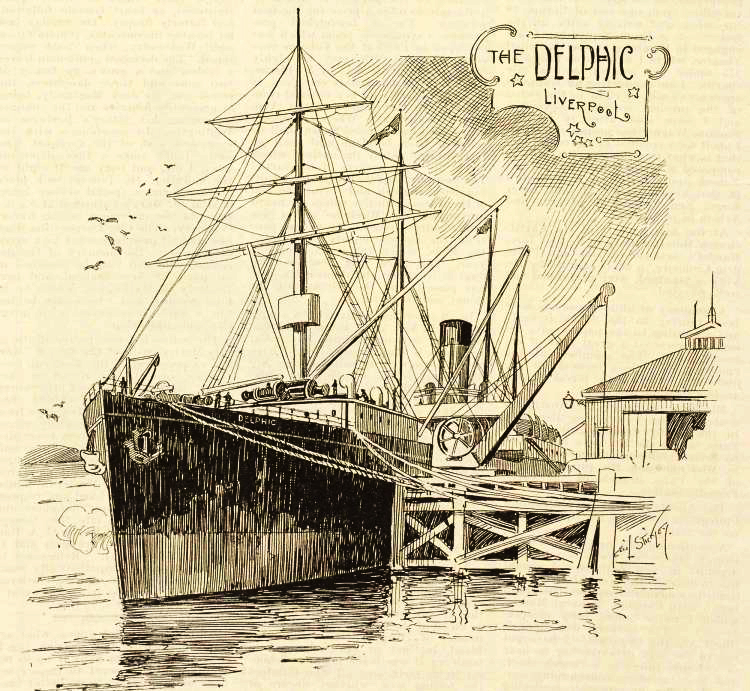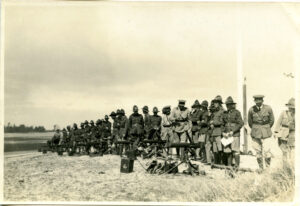As part of a Valley Profile series, MEGHAN HAWKES explores our local history by seeking out stories of life and death in the Thames Valley
George Thompson of Waihī had been doing the best he could for his 28-year-old wife, Eleanor, who had fallen ill at the beginning of April 1899. Times were tough for the Thompsons with George unemployed since Christmas, although he picked up some sporadic mining work.
From her sick bed, Eleanor would ask for bread, chicken and soup which George provided – the chicken coming from their own fowls. Between tending to his wife, his irregular work and care for their nearly one-year-old daughter, domestic tasks began to slide.
After a few days Eleanor seemed no better so George asked Clara Lucas, wife of a Waihī watch maker, to go to her. Clara knew Eleanor wasn’t a robust woman and she found her to be very ill and complaining of a bad headache. She was in bed, dressed, with all the bedclothes on her. Over the next few days Clara visited Eleanor but she didn’t want help and refused to see a doctor.
On Monday 24 April, at 7am, George on his way to the mine to look for work, tapped at Clara’s window and told her Eleanor had fainted by the fire the previous day, When Clara got there the house was not very clean but she didn’t think it her place to clean it. There was no work at the mine for George.
By Friday, Dr Wright had been called in. He found Eleanor to be suffering from typhoid fever. She lay in unchanged bedclothes in a grubby room. There appeared to be no suitable food for her. Dr Wright told George that it was impossible to treat her at home and recommended Eleanor’s removal to Thames Hospital. George replied that he could not pay the hospital fees. Dr Wright advised that if he was destitute there was no charge.
But on Saturday Dr Wright felt there was a very great chance of Eleanor dying on the road. He then advised George to get female assistance and suitable food and medicine for Eleanor. Due to the Thompson’s circumstances, Dr Wright also wired the Charitable Aid Board for help – “Woman ill; typhoid; no means; too ill for removal; can you assist?”
Clara, as well as Miss Keane, came to help. Food and medicine was provided by a friend. About midnight Mrs Gallie came in and helped Clara lift Eleanor out of bed and replace the old mattress with a new one. But despite their efforts, Eleanor’s condition became worse and she died a few days later.
At the inquest Dr Wright said the cause of death was typhoid hastened by not having proper care and nursing. The women who attended her were inexperienced and only undertook the nursing out of pure kindness. His telegram to the Charitable Aid Board was delayed and they were not notified of Eleanor’s dire circumstances until days after she died.
The jury censured George for neglecting to provide his wife with proper nourishment and care, and also criticised the unacceptable Charitable Aid Board system. Eleanor and George were from Northern Ireland and had arrived in New Zealand aboard the immigrant ship Delphic in 1897. Eleanor, a few months pregnant, suffered a turbulent journey to her new life which included hurricane squalls and terrific seas.
She is buried at Waihī cemetery.




